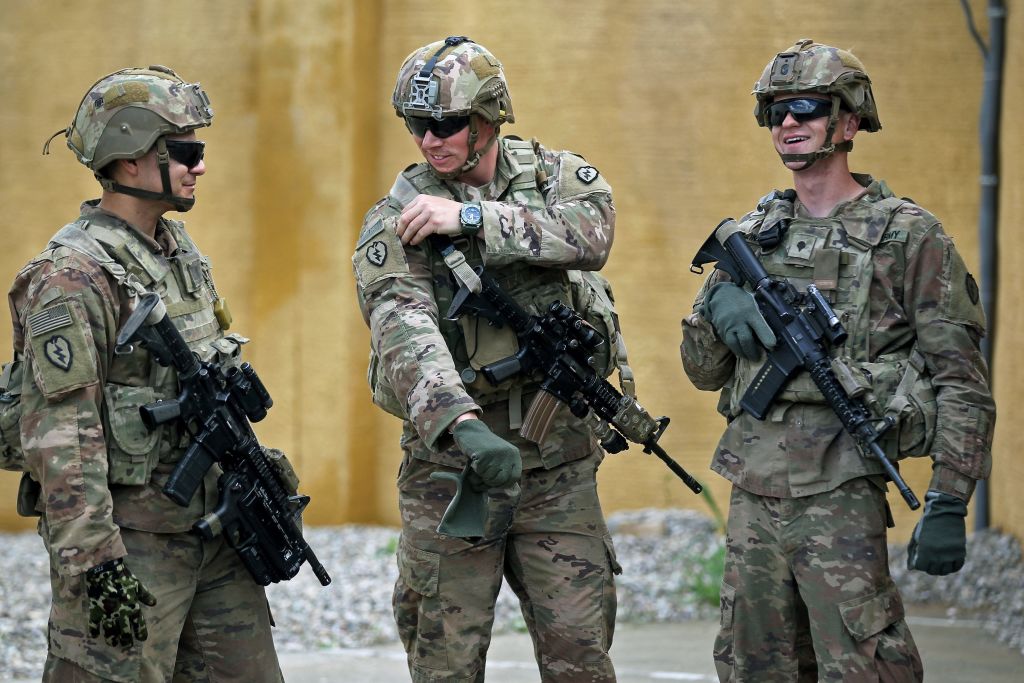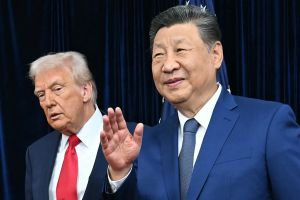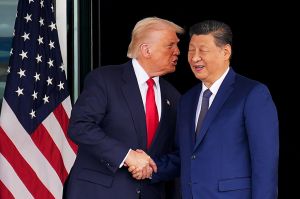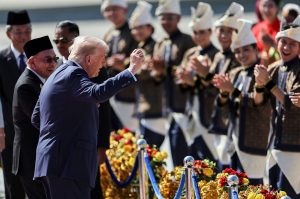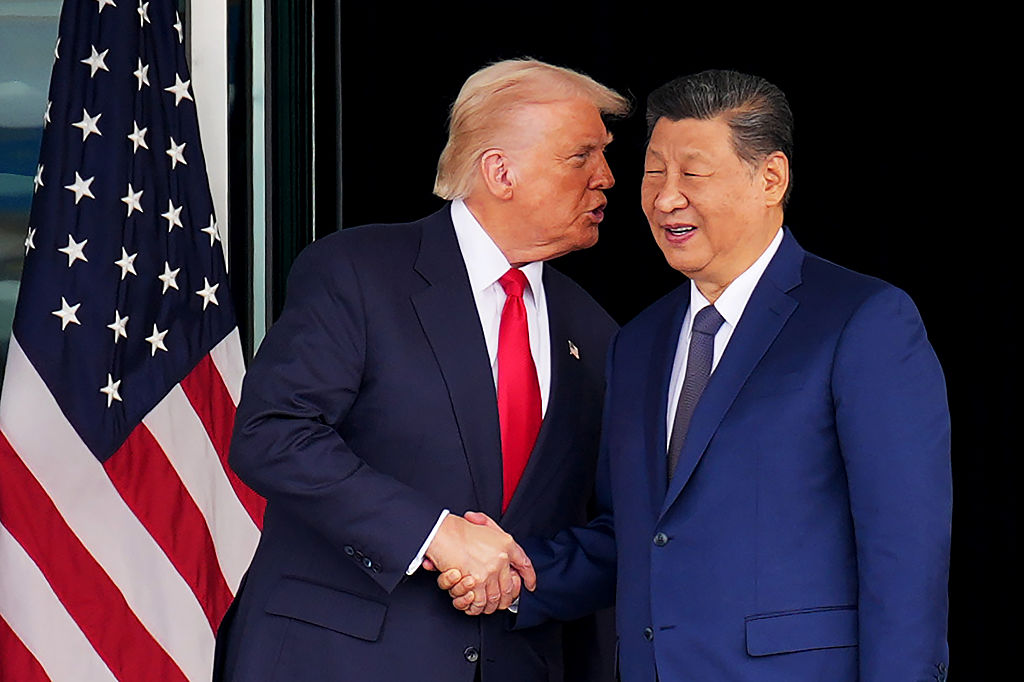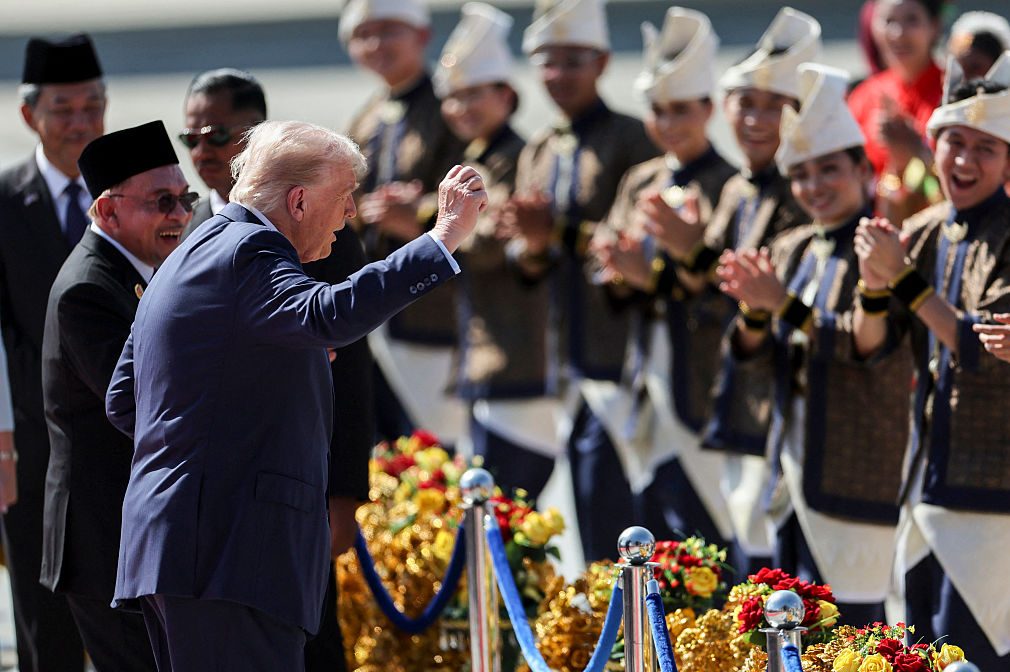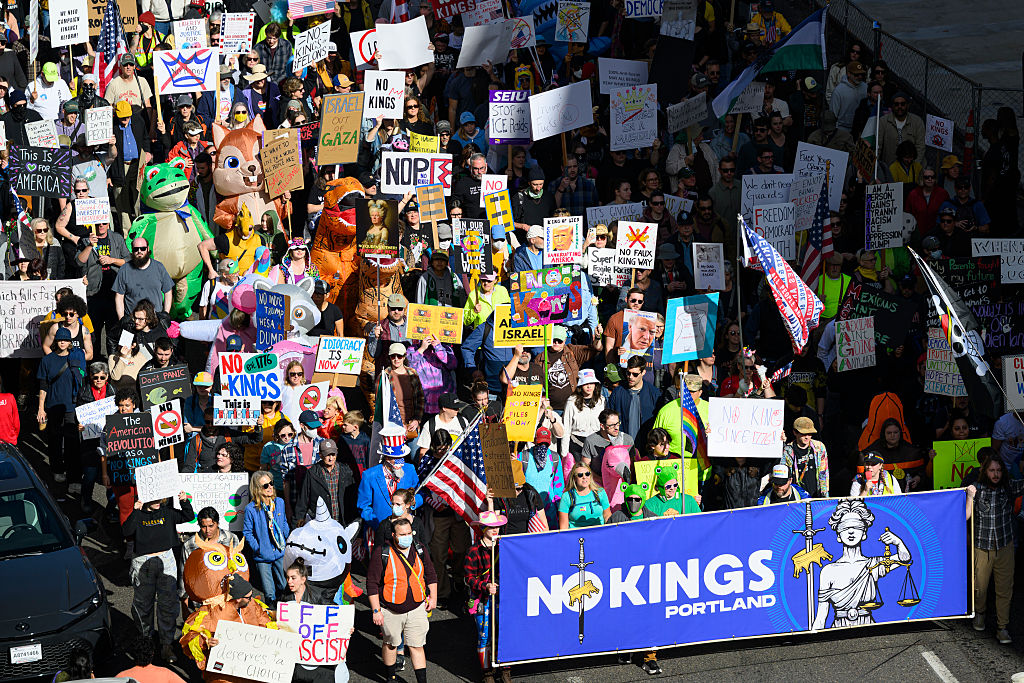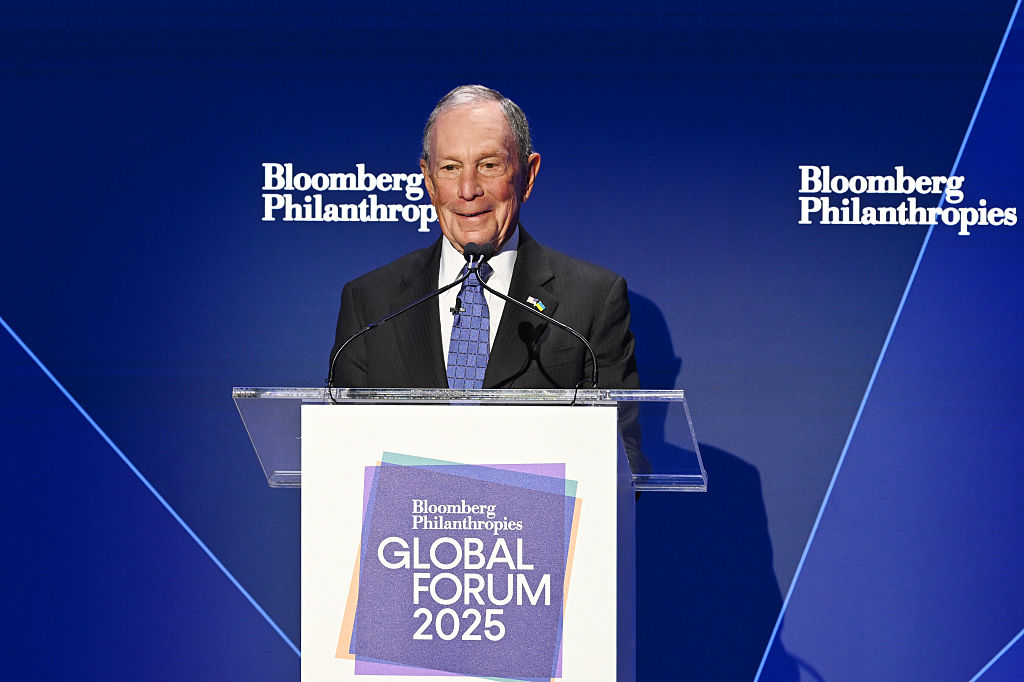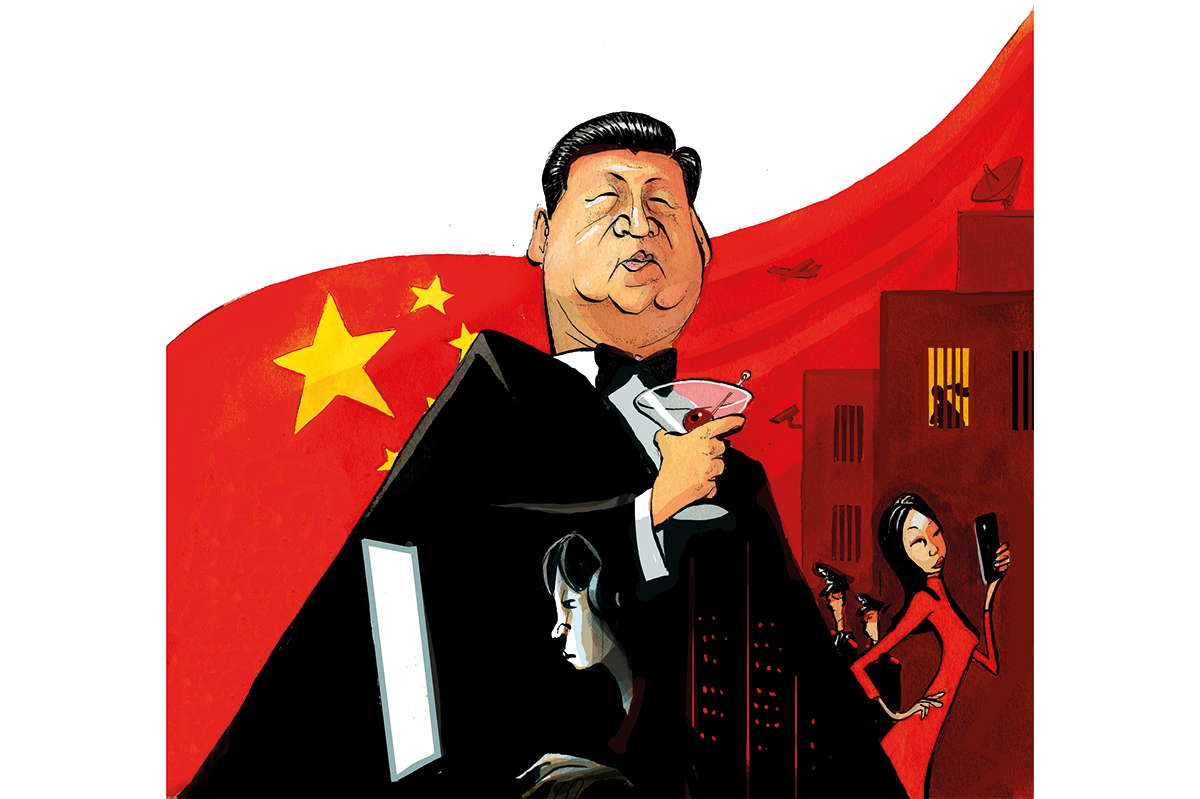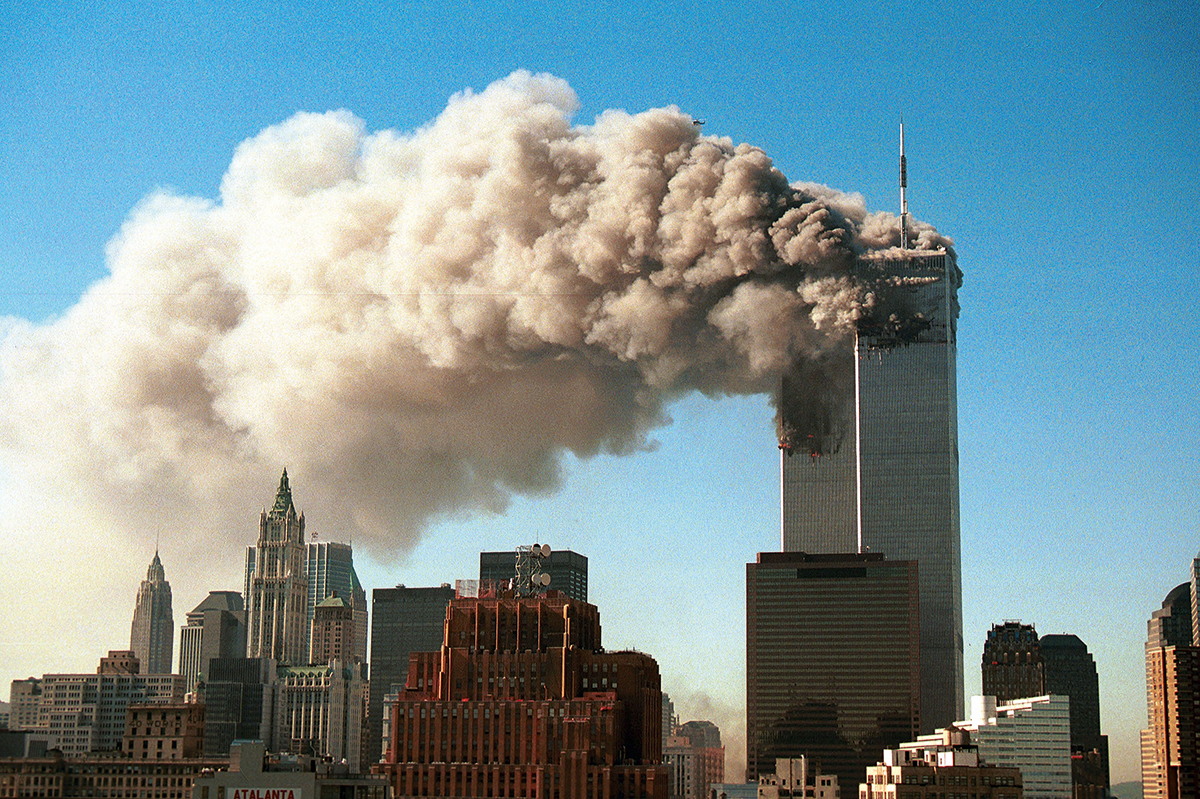I can think of only a single positive thing to say about World War One: it ended. Yet in addition to precluding any further waste of lives, the Armistice of November 1918 and the ensuing Paris Peace Conference did something else. It allowed historians and other writers to begin taking stock of this ghastly episode, which had caused death and destruction on an unprecedented scale.
Making sense of the so-called Great War exceeded the limits of human capacity. Yet however imperfectly, at least it might be understood. Why had the war happened? Why had it lasted so long? What had motivated the belligerents? What did this horrendous cataclysm signify, both politically and morally? Finally, how could the recurrence of such a debacle be averted?
These were among the questions that gripped European and American intellectuals during the 1920s and 1930s. At least initially, efforts to find answers, which centered on apportioning blame, produced more heat than light. But with the passage of time, answers based on reason and the weighing of evidence rather than nationalistic passions took hold. Today, more than a century later, unanimity of opinion remains elusive, but something akin to a consensus has formed. Learning has therefore become possible.
The same cannot be said to the Global War on Terrorism, which may well stand in relation to the 21st century as the Great War does to the 20th. Here, with the crusade that George W. Bush launched in response to 9/11, is where the American imperium — or in Washingtonspeak, American global leadership — came a cropper. So, I believe, future generations are likely to conclude.
Yet it may take a while for scholars to reach that conclusion because unlike the Great War, the GWOT (gee-whot) refuses to end. The military undertaking that President Bush inaugurated nearly 20 years ago still meanders aimlessly along.
US troops today are still out there fighting terrorism in Afghanistan, Iraq, Syria, and various other places. For their efforts, they still receive the Global War on Terrorism Service Medal and the Global War on Terrorism Expeditionary Medal even as the relationship between their service and sacrifice, on the one hand, and the actual security and well-being of the American people, on the other, has become almost impossible to discern.
Barack Obama obliquely and Donald Trump bluntly promised to terminate the wars to which the GWOT gave rise. Neither one has fulfilled that promise. Shame on them. Yet politicians failing to make good on things they vowed to do is not exactly news, whether in the United States or elsewhere.
What is more interesting and more telling is the fact that the entire American political class has seemingly concluded that ending the war on terrorism does not qualify as a particular priority. With no expectations of the conflict coming to a conclusion, there is little incentive to expend energy trying to understand it. So all those first order questions to which the Great War was subjected, the GWOT simply evades.
To a striking extent, members of the American national security establishment have moved on, turning their attention to new ‘threats’, with China presently receiving the lion’s share of attention. In hawkish quarters — the same ones that had urged the United States to embark upon a global offensive in response to 9/11 — the prospect of the United States getting tough on China, with toughness having an important military dimension, now receives enthusiastic support.
That China is an adversary engaged in what is likely to be a long-term competition with the United States is undoubtedly the case. It should be the aim of US policy to manage the competition, not to exacerbate it.
Considered in that light, the prospect of that competition leading directly to a new Cold War, with Beijing standing in for Moscow, should give Americans pause. A new Cold War will necessarily risk real war, potentially resulting in armed conflict on a scale that will make the GWOT look like a skirmish. Even if direct hostilities between China and the United States are avoided, such a strategy will perpetuate the influence of the military-industrial complex, with domestic needs shelved or ignored, and it will deflect attention from threats such as climate change that oblige Washington to collaborate with Beijing. Like it or not, given that restoring a semblance of prosperity after the coronavirus pandemic will require some level of Sino-American mutual accommodation, a new Cold War will delay or prevent economic recovery.
***
Get three months of The Spectator for just $9.99 — plus a Spectator Parker pen
***



